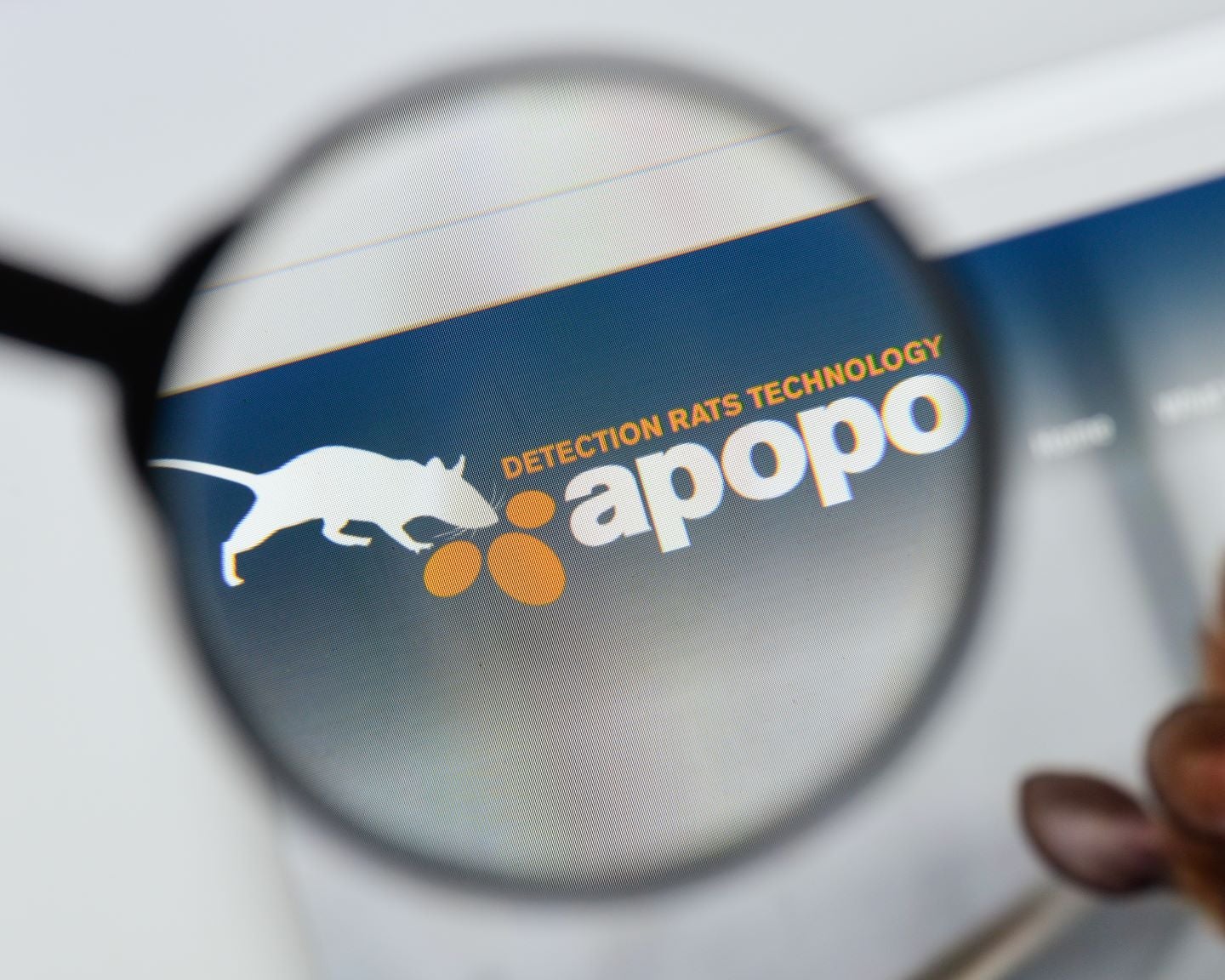GlobalData’s Future of Work report describes how digital transformation is reshaping industries. Many are concerned with how the traditional rat race will be changed by technologies such as AI and automation. However, real rats are not as concerned. The Belgian non-profit APOPO is providing these animals with terrific work opportunities, and it does not seem that robots or AI can replace them.
The Rat Locker
In the 1980s, APOPO started training its HeroRATS to smell landmines. Now the diminutive rodents can clear a space the size of a tennis court in half an hour, which would take humans with metal detectors four days. These furry heroes get to travel for work quite extensively. They are utilised in Zimbabwe, Angola, Cambodia, and Mozambique; with the latter now being landmine-free. They have recently been sent to Azerbaijan and there is talk about deploying them to Ukraine.
APOPO’s rat of choice is the African giant pouched rat, as this species lives for eight years compared to the average two of most varieties of rat. The training takes nine months, making this breed the perfect choice to maximise each rat’s utility. And these animals have some incredible abilities. A rat’s sense of smell is better than a dog’s, yet they are as easy to train. The breed is also small enough to not set off the landmines, making them the ideal candidates to help solve the global landmine issue. It is approximated that there are 110 million land mines in the ground at present. The job opportunities for these rodents will not decrease anytime soon.
The first responders
HeroRATS’ hard skills in their CVs do not stop at landmines. In 2021, APOPO equipped these hard workers with high-tech backpacks and started training them to search for survivors in rubble after an earthquake. Their soft skills will appear on LinkedIn as a natural curiosity, a passion for exploring, and not getting easily stuck, which will make it hard for robots to replace these rodents. HeroRATS appear to be safe in the current climate of technology-induced job insecurity.
To become first responders in disasters, the rats are taught to pull a ball that emits a sound when they find someone. The rats are now capable of differentiating human clothes and an actual human, while also being able to smell the distinction between dead and alive. HeroRATS are set to be deployed this year.
Rats’ innate abilities to adapt, smell, and explore are what keep their job safe from robots. But the human species also has innate abilities that must not be overlooked as we move towards digital transformation. Humans can endlessly adapt and have empathy, which are two key skills—while AI relies purely on the data and programs it has been trained with and does not understand human emotion. AI and robots will never be able to replace therapists for example.
How well do you really know your competitors?
Access the most comprehensive Company Profiles on the market, powered by GlobalData. Save hours of research. Gain competitive edge.

Thank you!
Your download email will arrive shortly
Not ready to buy yet? Download a free sample
We are confident about the unique quality of our Company Profiles. However, we want you to make the most beneficial decision for your business, so we offer a free sample that you can download by submitting the below form
By GlobalDataAs AI surrounds us more and more, we must not forget our innate talents. Similar to how high-tech backpacks are allowing HeroRATS to diversify their role and move into disaster rescue, our jobs will also change with technological advancements.








